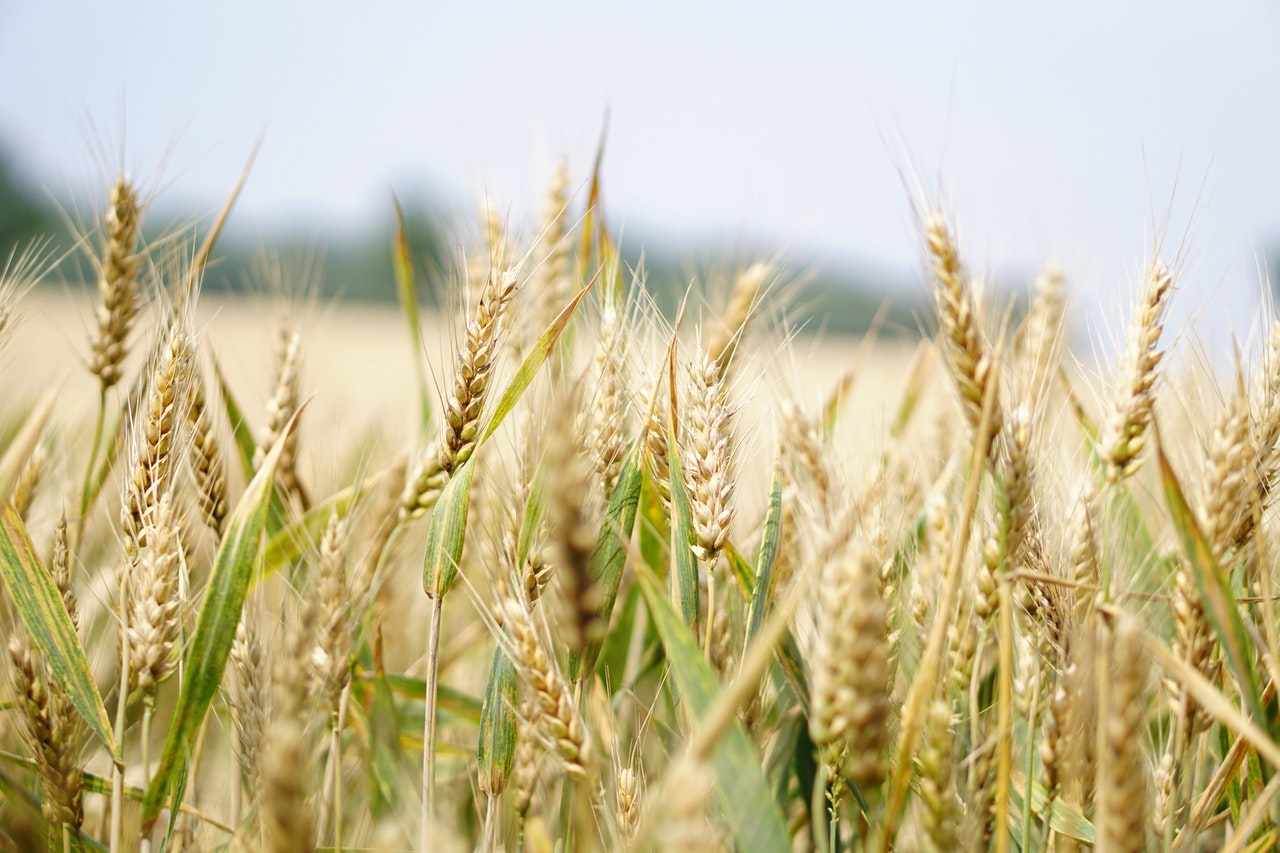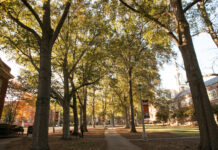It’s springtime! Days are growing longer. The air is getting warmer (on its way to hot!). Azaleas are blooming. Robins are singing. The bare, wintery branches of the oak are starting to dress themselves in their summer greenery. And, for many of us, this signals the time to start planting our gardens.
As I was sprinkling beet, carrot and pea seeds in the neatly carved rows of my garden bed, I remembered an often-told story. It is a true story about a very successful farmer. Although it is a true story, it doesn’t seem that it should be. It is a paradox. It doesn’t make sense; and, then it makes perfect sense. The story goes like this …
There was a farmer who grew an excellent quality of wheat, and every season he won the award for the best wheat grown in his county. One year a reporter from the local newspaper interviewed the farmer and learned that each spring the farmer did something extraordinary. He shared his seed with his neighbors so that they too could plant it in their fields.
“How can you afford to share your best wheat seed with your neighbors when they are entering their crops in the competition with yours?” the reporter asked.
“Why that’s very simple,” the farmer explained. “The wind picks up pollen from the developing wheat and carries it from field to field. If my neighbors grow inferior wheat, cross-pollination will steadily degrade the quality of all the wheat, including mine. If I am to grow good wheat, I must help my neighbors grow good wheat.”
I would have expected that the farmer would closely guard his prize-winning seeds so that none of the other farmer-competitors would have the advantage of his superior seed. I would have thought that he might pass by their withering and weedy fields with a devilish grin on his face, seeing the poor quality of their crops compared to his. But, not so.
This farmer, who appears at first to be a little foolish, is actually quite wise. He knew that no one ultimately succeeds at the expense of others. He understood the inter-connectedness of the wheat farms in his county. Failing crops all around his flourishing fields would soon enough ruin his prize-winning wheat.
The best way for this farmer to maintain his high-quality crops was to share his superior seed with his neighbors so that when the winds blew, his crops would be cross-pollinating with the same superior wheat. The best way for him to be successful was to help the surrounding farmers to be successful too. The unknown author sums up the meaning the story with a simple observation: “The welfare of each is bound up with the welfare of all.”
The welfare of each of us is bound up with the welfare of all.
When we drive through our communities and see wealthy neighborhoods full of opportunity surrounded like an island in a sea of poverty and emptiness, I say to myself, “The welfare of each of us is bound up with the welfare of all.”
When I think about a justice system that acts in favor of the majority and against minorities, I say to myself, “The welfare of each of us is bound up with the welfare of all.”
When I learn about pollution generated by large, industrial nations that threaten the health of smaller and more vulnerable nations, I say to myself, “The welfare of each of us is bound up with the welfare of all.”
When I realize how plentiful the COVID-19 vaccine has become in the U.S. and how sparsely it is sprinkled through Africa, I say to myself, “The welfare of each of us is bound up with the welfare of all.”
May we, like the wise and generous farmer in this story, create our own stories of sharing that will make our world, our communities and even our own lives richer than we ever imagined.










